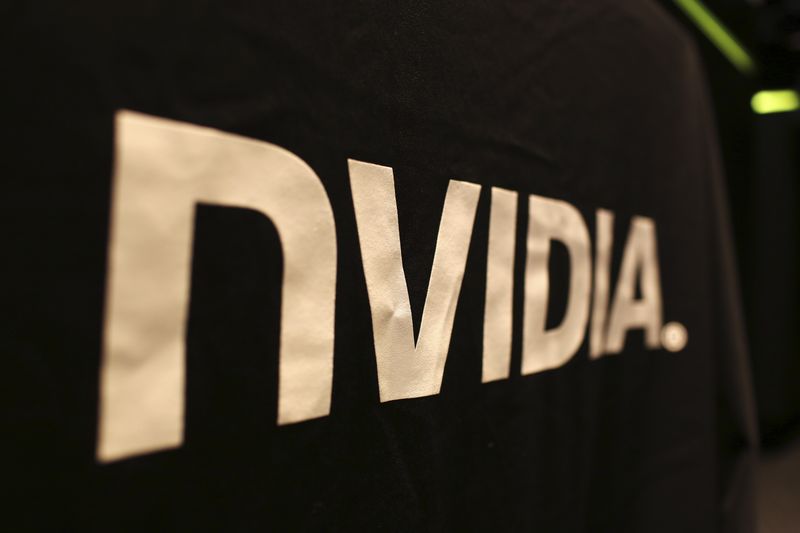Intriguing Challenge: Chinese Competition Spurs Innovation Among U.S. Automakers
DETROIT – At the Reuters Automotive USA conference held in Detroit this week, leaders from American automotive companies and suppliers emphasized the urgent need for innovation in the face of competition from Chinese electric vehicle manufacturers. Although tariffs provide a temporary advantage over Chinese rivals developing cost-effective and technologically advanced battery-powered vehicles like BYD (SZ:002594), there is consensus that American firms should not become complacent.
Lucid (NASDAQ:LCID) CEO Peter Rawlinson highlighted that competition with China is primarily a technological race. While acknowledging the difficulty of competing with China's cost efficiency, he noted that the US holds an edge in "core EV technology," although Chinese companies are rapidly catching up.
The Biden administration has adopted a tough stance with aggressive tariff policies, including proposed bans on China-linked automotive technology and significant tariff hikes on electric vehicles, aiming to protect strategic industries in the US. Energy Secretary Jennifer Granholm emphasized the government's commitment to strengthening domestic EV and battery manufacturing, as well as semiconductor production, describing these efforts as bringing "an armada" to the fight for industrial competitiveness.
Some industry executives, such as Stellantis (NYSE:STLA) CEO Carlos Tavares, expressed ambivalence about tariffs, suggesting they could be a double-edged sword. In contrast, Ramiro Gutierrez, head of ZF’s North American operations, defended the necessity of tariffs, noting the rapid pace of development and consumer-centric approach of Chinese competitors.
As these debates continued, Republican presidential candidate Donald Trump pledged to implement tariffs to block Chinese automakers from exporting vehicles from Mexico to the US.
Danny Shapiro, head of Nvidia's (NASDAQ:NVDA) automotive division, compared the investment in software capabilities in Chinese vehicles with the cost-cutting approach sometimes observed in Detroit. Despite regulatory challenges, Shapiro stated that Nvidia continues to comply with US laws and adapt its products to meet shifting requirements, ensuring its in-car products remain unrestricted.
The conference clearly indicated that while tariffs provide some protection to US automakers, the industry acknowledges the need for constant innovation and adaptation to maintain a competitive edge in the global automotive market.


